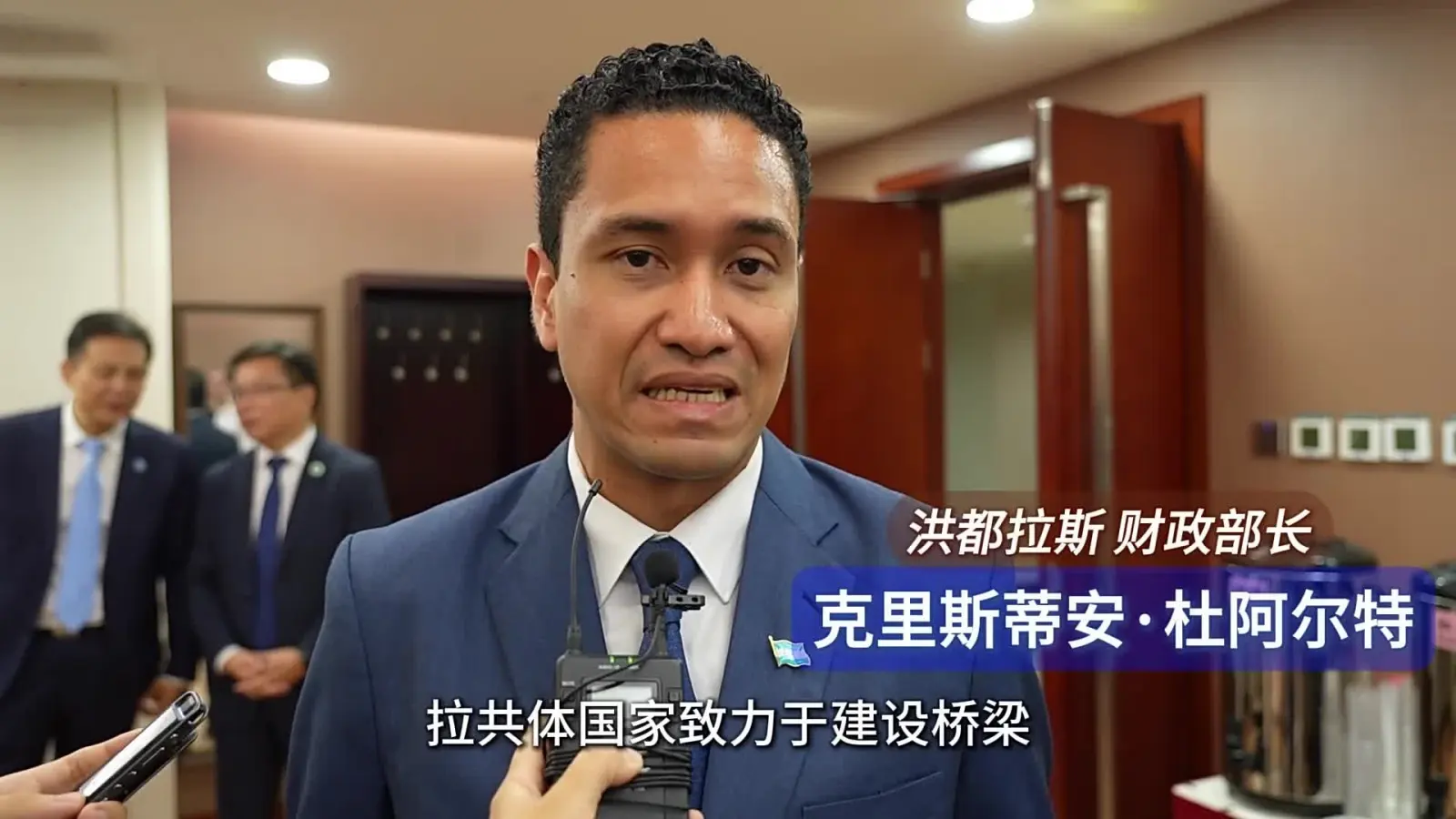China–Honduras Energy Collaboration: A New Chapter in Sustainable Development
2025-05-21
HEXI
Meta Description: Explore the transformative energy partnership between China and Honduras, focusing on renewable energy projects, infrastructure development, and the integration of CATL's advanced battery technologies.
In 2025, Honduras and China established diplomatic relations, marking the beginning of a strategic partnership aimed at sustainable development. This collaboration has since evolved into a comprehensive alliance, emphasizing renewable energy, infrastructure enhancement, and technological innovation. A notable aspect of this partnership is the potential integration of advanced battery technologies from leading Chinese companies like CATL, which could play a pivotal role in Honduras's energy transition.
Hydropower Milestone: Patuca III
The Patuca III Hydroelectric Plant, constructed by PowerChina, stands as a testament to the fruitful collaboration between China and Honduras. With an installed capacity of 104 MW, it contributes approximately 6% to Honduras's electricity supply. This project not only addresses the country's energy needs but also signifies a step towards cleaner and more sustainable power sources.
Expanding Renewable Energy and Grid Modernization
Beyond hydropower, the partnership aims to diversify Honduras's energy matrix. In 2025, both nations signed a $275 million cooperation agreement to enhance infrastructure for educational institutions, reflecting a holistic approach to development. Furthermore, discussions are underway for a free trade pact and projects focusing on dams and power generation. Efforts are also being made to modernize Honduras's energy transmission and distribution systems, incorporating smart grid technologies to improve efficiency and integrate renewable energy sources
Integration of Advanced Battery Technologies
A significant development in this collaboration is the potential integration of advanced battery technologies from Chinese companies like CATL (Contemporary Amperex Technology Co., Limited). CATL's expertise in lithium-ion and sodium-ion battery technologies could be instrumental in enhancing Honduras's energy storage capabilities. By adopting these cutting-edge solutions, Honduras can improve grid stability, accommodate renewable energy sources more effectively, and ensure a reliable power supply for its citizens

Infrastructure and Educational Development
The bilateral agreement includes significant investments in educational infrastructure, reflecting a holistic approach to national development that combines energy projects with human capital enhancement. Ongoing negotiations aim to further deepen cooperation in various sectors, including the potential establishment of a free trade agreement and additional energy projects
Significance of the Partnership
This collaboration signifies a strategic shift in Honduras's international relations and development strategy, emphasizing sustainable growth and diversification of energy sources. By partnering with China, Honduras is taking substantial steps toward energy self-sufficiency and economic resilience
The China–Honduras energy partnership exemplifies how international cooperation can drive sustainable development and infrastructure modernization. As these projects progress, they hold the promise of long-term benefits for both nations and set a precedent for similar collaborations in the region.
